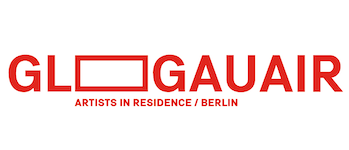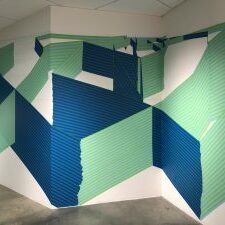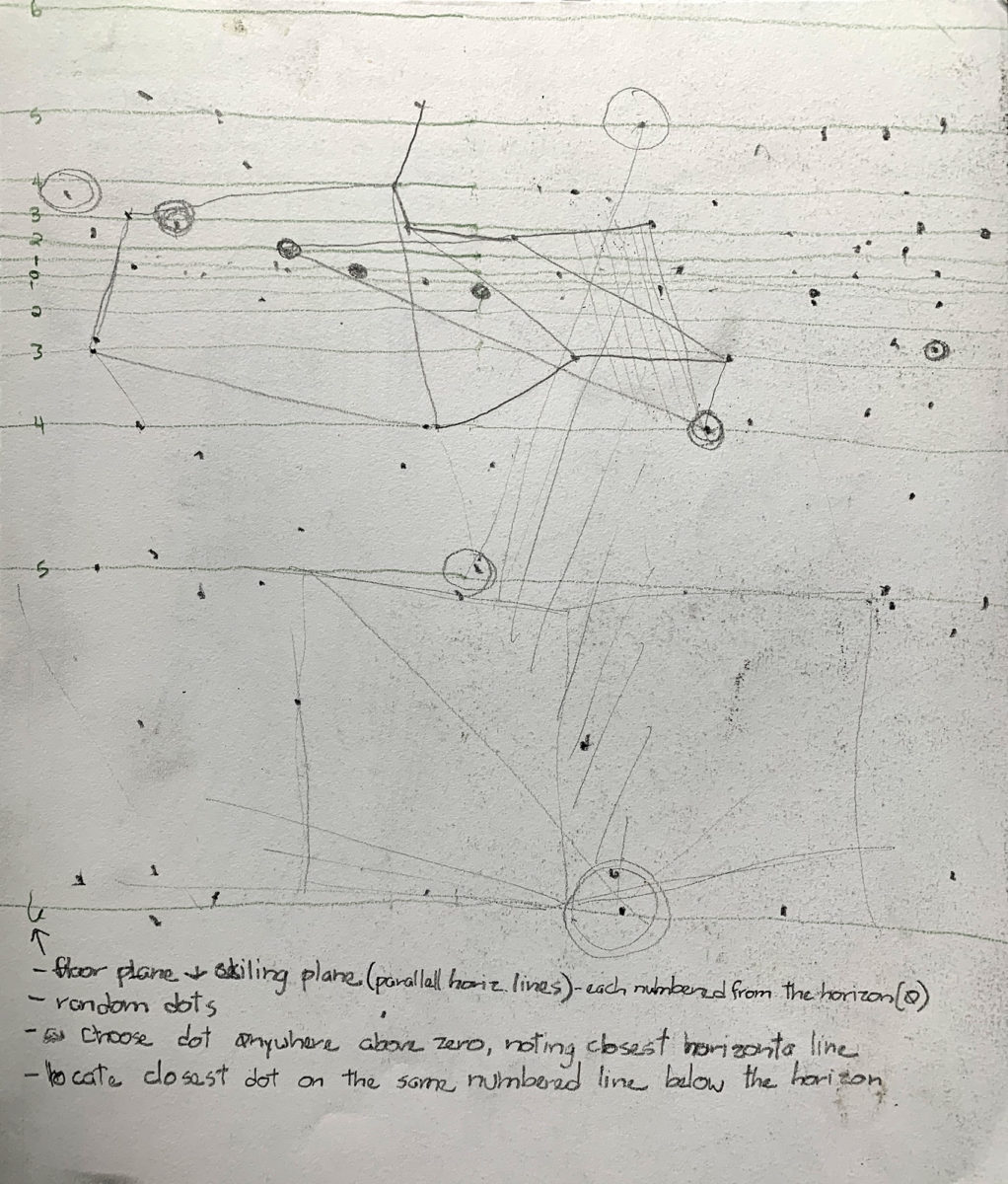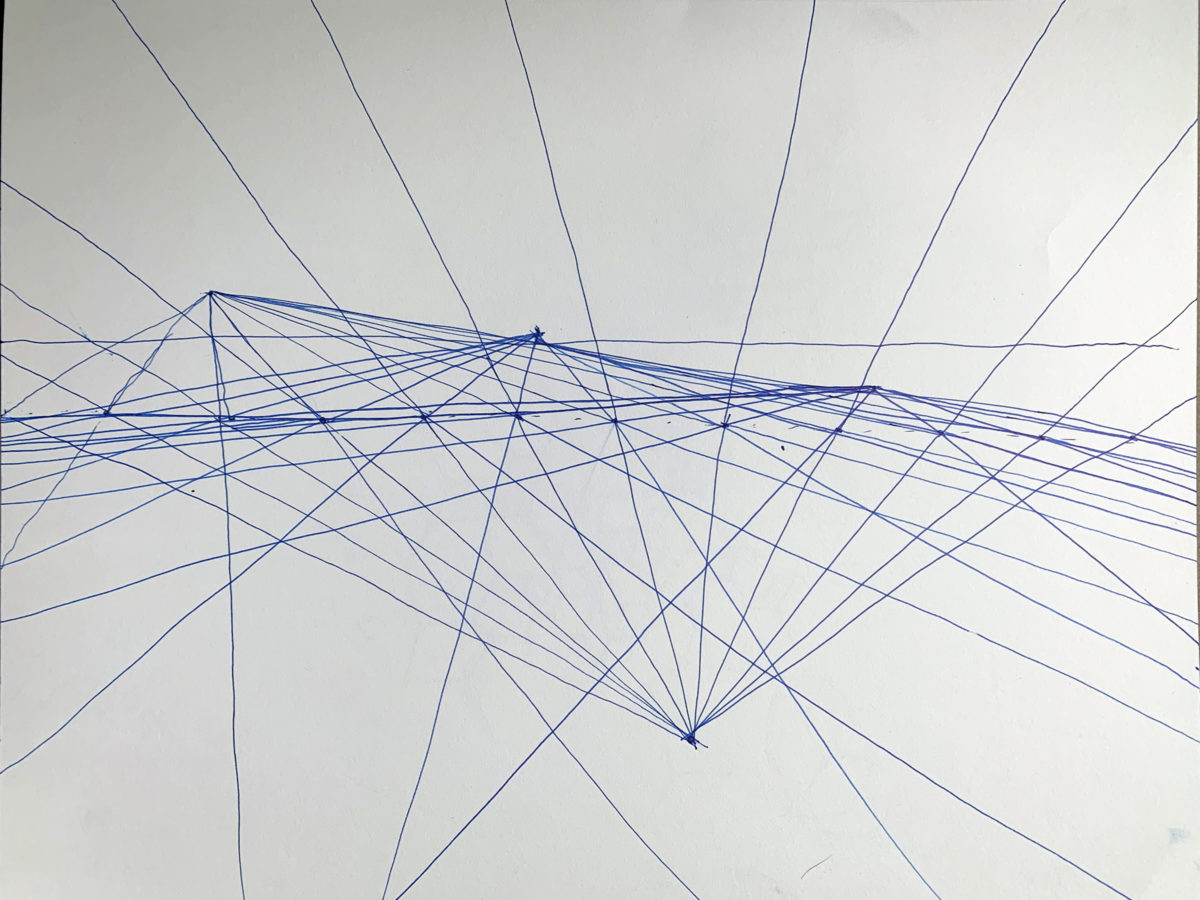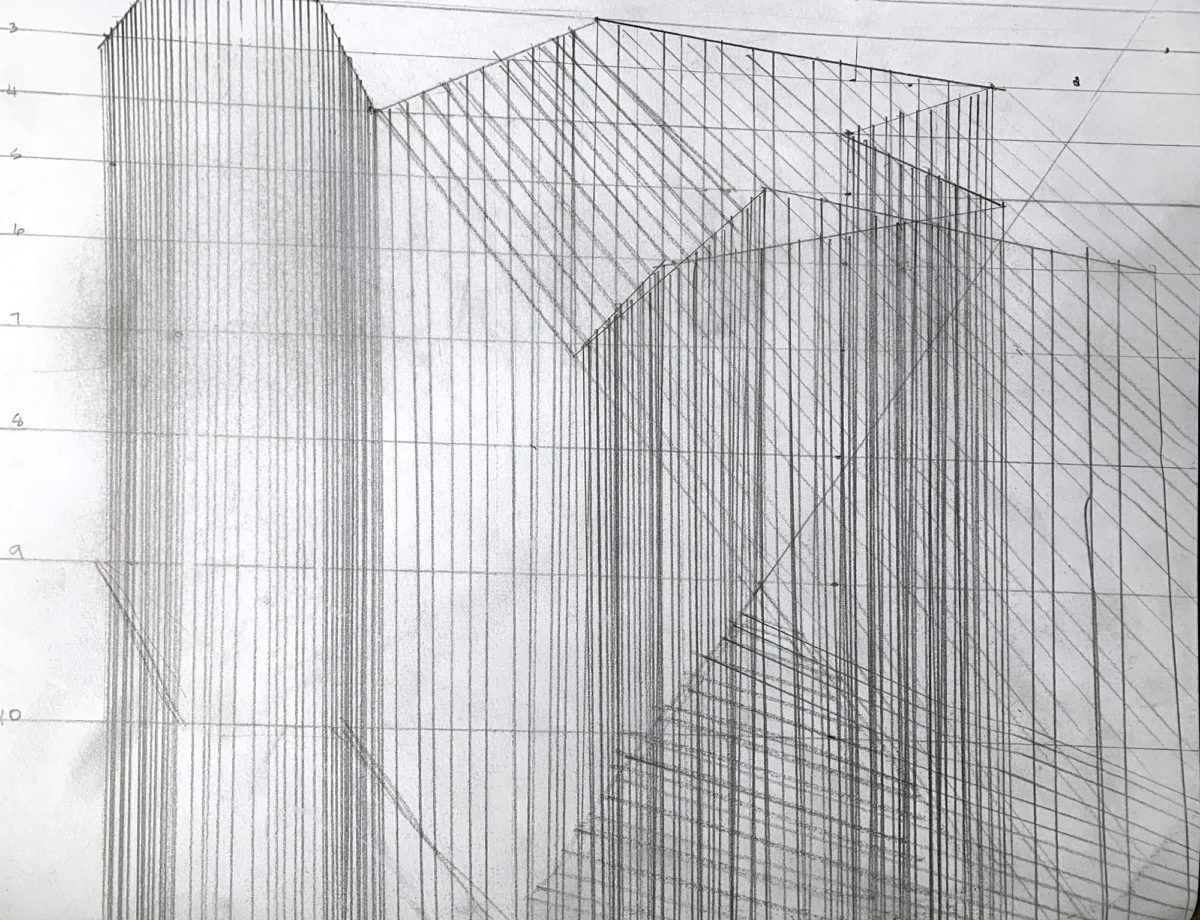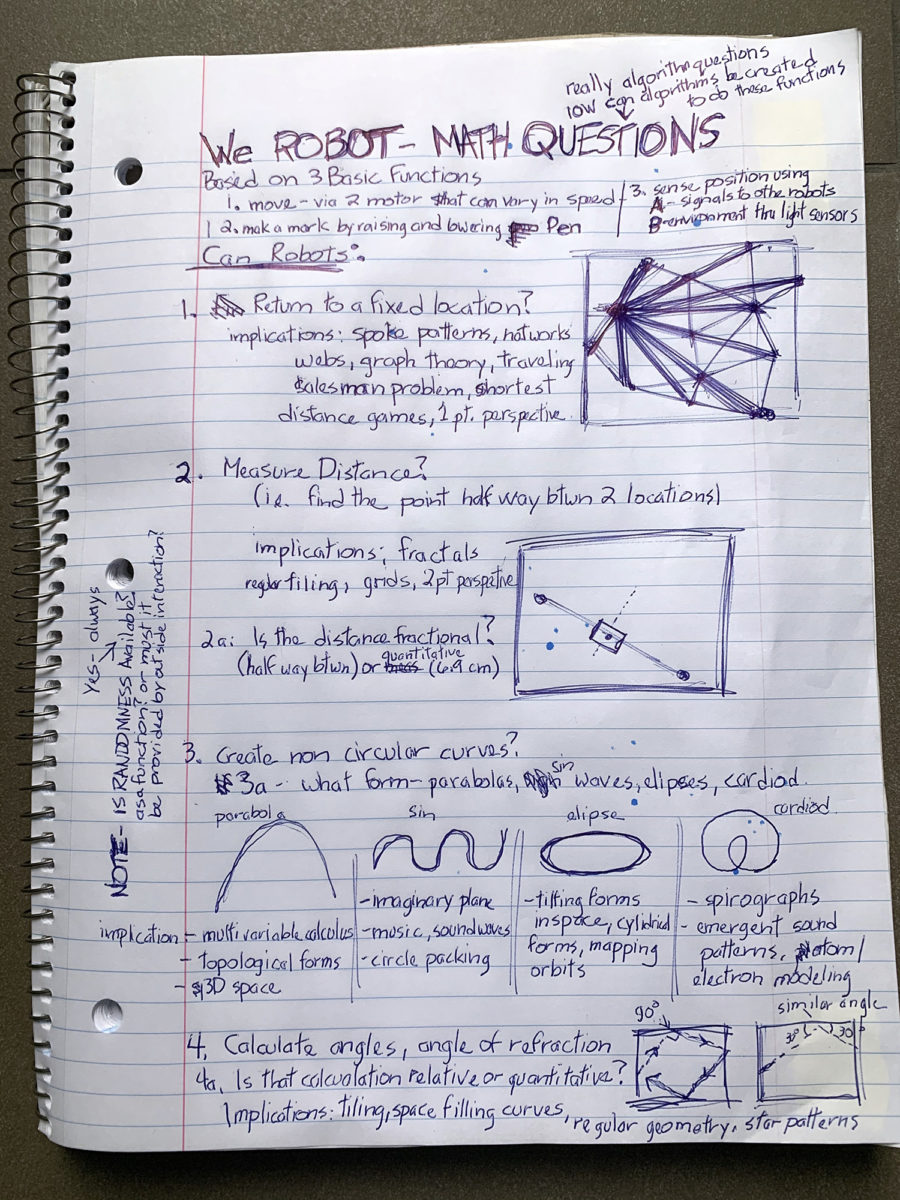Ian Jehle is a Canadian artist and teacher based in Berlin and Washington DC. He is currently on the faculty at American University in Washington DC and previously was head of engineering at the construction firm P&J Arcomet. Jehle studied computer science, mathematics, philosophy and visual arts at American University, Kansas City Art Institute, Brandeis University and Columbia University.
Jehle’s work focuses on the intersection of math, engineering and visual arts. His large scale math-based projects are often participatory in nature, using games, puzzles and live events where participants are invited to create works of art by following a simple set of mathematical rules. Jehle considers his teaching an important part of his art-making process and often includes groups of students in the design and implementation of his project-based works.
Jehle’s current project is a collaboration with a team of international robotics students, aged 12 to 15. They are designing a series of simple interactive robots that will create their own art. The students will design the robots and, together with Jehle, write computer programs regulating the robot’s movement and interactions. These programming experiments culminate in an exhibition in which a cluster of robots will produce drawings on large rolls of paper or similar material mounted to the floor, employing code crafted by the synergic work of robotics teams worldwid
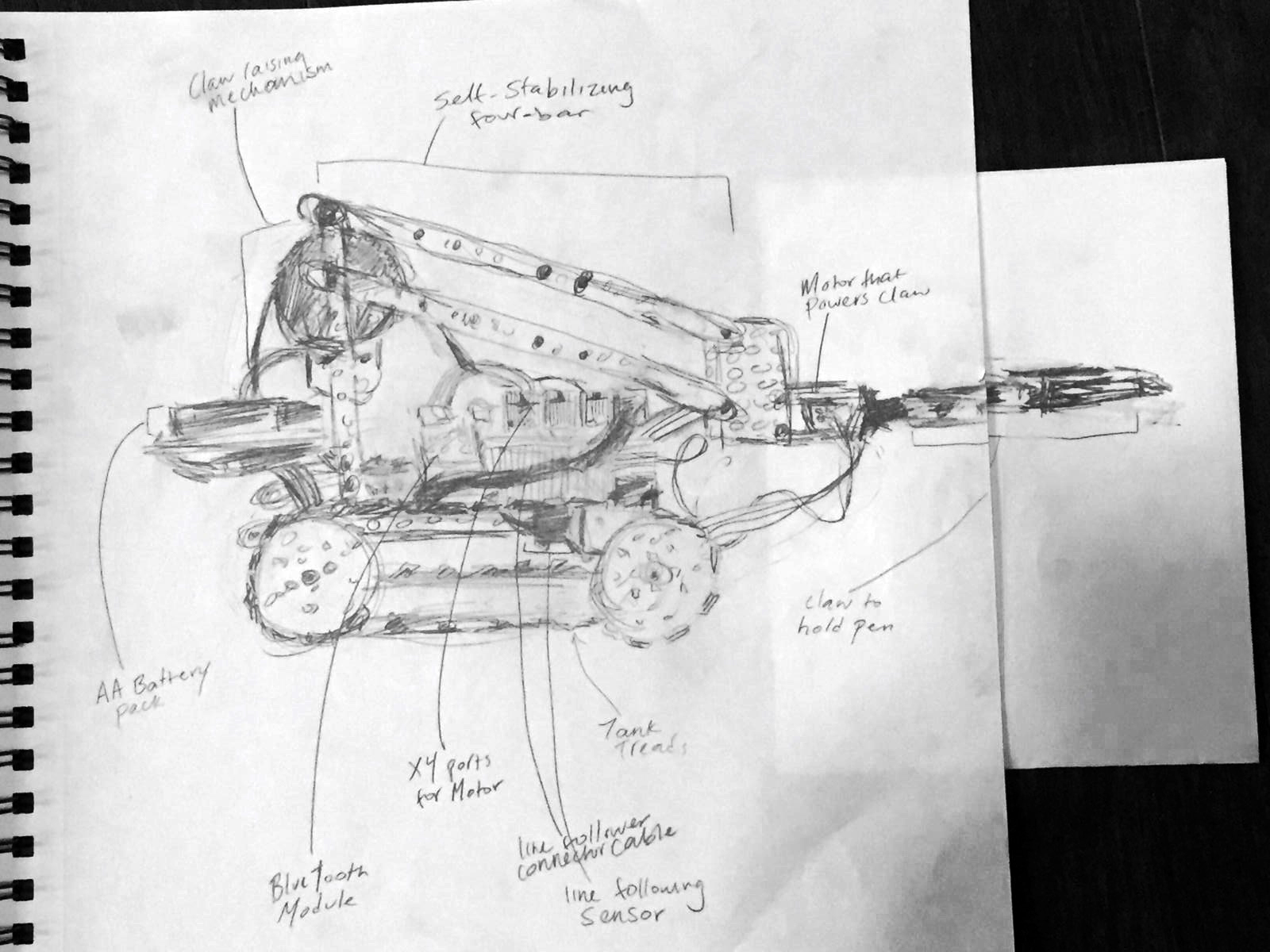 Collaborating with a team of international robotics students, aged 12 to 15, we are designing a series of simple interactive robots that will create their own art. The robots will have 3 basics skills: 1. the ability to move autonomously 2. the ability to sense the position of walls and one another 3. the ability to draw a line. These core capabilities form the building blocks the students will use to write computer programs regulating the movement and interaction between the robots. As the project progresses, we will expand our network of collaborators by sharing the computer code with other robotics students worldwide, allowing others to modify the robots programming.
Collaborating with a team of international robotics students, aged 12 to 15, we are designing a series of simple interactive robots that will create their own art. The robots will have 3 basics skills: 1. the ability to move autonomously 2. the ability to sense the position of walls and one another 3. the ability to draw a line. These core capabilities form the building blocks the students will use to write computer programs regulating the movement and interaction between the robots. As the project progresses, we will expand our network of collaborators by sharing the computer code with other robotics students worldwide, allowing others to modify the robots programming.
These programming experiments culminate in an exhibition in which a cluster of robots will produce drawings on large rolls of paper or similar material mounted to the floor, employing code crafted by the synergic work of robotics teams worldwide.
Robot Design (2020) Student concept drawing
